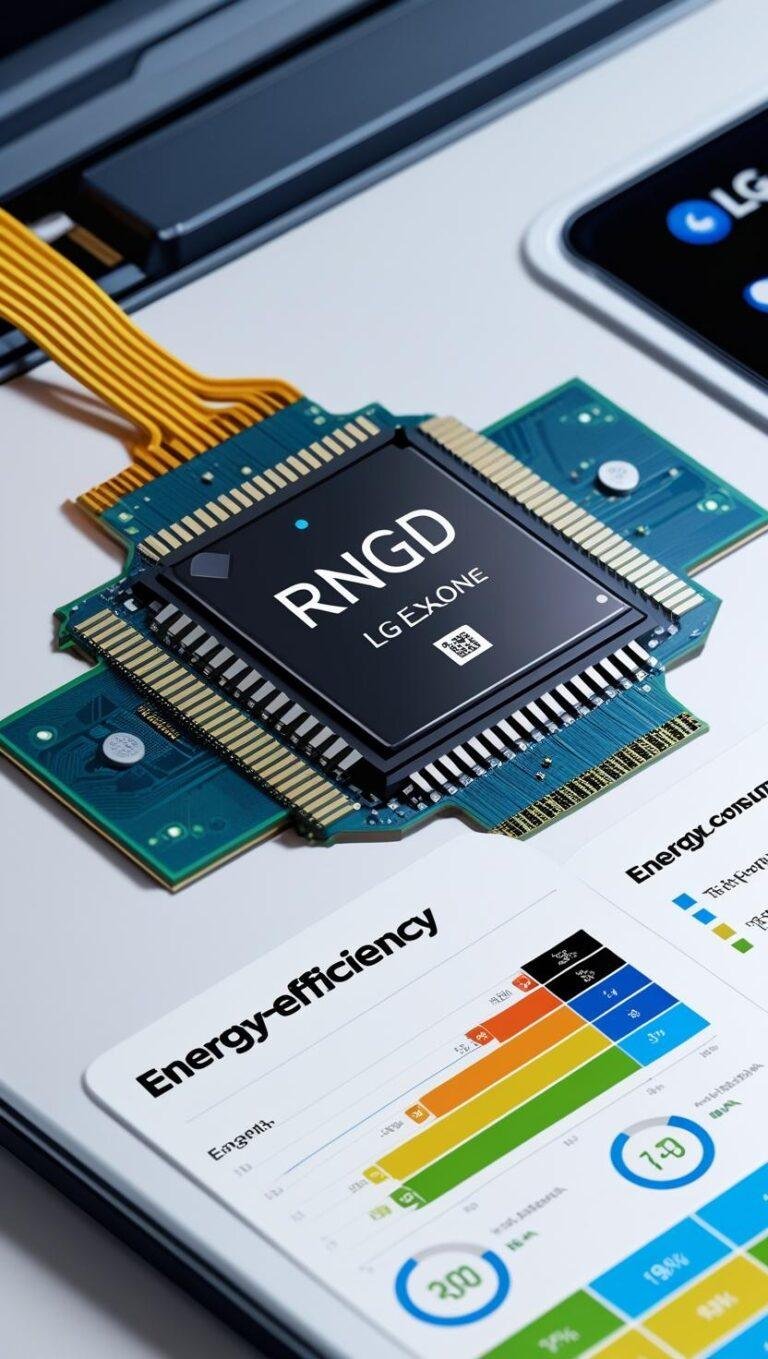Introduction: A Game-Changer for Fashion E-Commerce
In India’s booming online retail space, one of the biggest barriers for fashion shoppers has always been trust—how can you be sure that the clothing you order will fit well, look as expected, and match your style? Tryo, an emerging innovator in fashion e-commerce, has stepped in with a bold solution: the Try-First, Pay-Later (TFPL) model.
This approach lets customers receive items, try them on at home, and only pay for what they decide to keep. It merges the ease of online shopping with the tactile assurance of in-store experiences—effectively eliminating one of the biggest friction points in the industry.
How the Try-First, Pay-Later Model Works
The Try-First, Pay-Later model is as simple as it sounds:
- Browse & Select – Customers shop for apparel and accessories from Tryo’s online platform.
- Place an Order Without Immediate Payment – Instead of paying upfront, shoppers confirm their cart and select the TFPL option at checkout.
- Home Delivery & Trial – The selected items are delivered, and customers have a fixed trial period—typically 3 to 5 days.
- Keep What You Love – Customers only pay for the items they decide to keep and return the rest with free reverse logistics.
This seamless blend of convenience and risk-free trial could significantly increase consumer trust in online fashion shopping, particularly in a market like India where returns and refunds can often be cumbersome.
Why This Matters for India’s E-Commerce Market
India’s e-commerce industry is projected to cross $160 billion by 2028, with fashion being one of the largest and fastest-growing segments. However, surveys repeatedly show that:
- Over 55% of online shoppers hesitate to buy clothes without trying them on.
- High return rates—often exceeding 30% in apparel—hurt retailer margins.
- Customer dissatisfaction from sizing issues leads to lower brand loyalty.
The Try-First, Pay-Later concept addresses all three challenges by:
- Boosting confidence – Customers are more likely to try new brands and styles when there’s no upfront risk.
- Lowering return disputes – Since customers make payment decisions after trying, returns are preemptively filtered.
- Increasing conversions – E-commerce platforms using TFPL see higher checkout rates.
Expert Insights on the Tryo Model
According to Ritika Sinha, a retail industry analyst based in Mumbai:
“Tryo’s Try-First, Pay-Later concept is tapping into the psychology of ‘touch and feel’ that Indians are used to in offline shopping. If executed well, it can transform impulse hesitation into impulse purchases—without adding the friction of returns.”
Meanwhile, Ankit Shah, an e-commerce logistics consultant, highlights the operational challenge:
“Reverse logistics is the make-or-break factor here. To sustain TFPL, Tryo must ensure that returned items are processed quickly and reintroduced into inventory without adding excessive costs.”
Technology Behind the Experience
Tryo isn’t just banking on a business model shift—it’s leveraging smart technology to make the process efficient and scalable:
- AI-driven Fit Recommendations – Suggests best sizes to reduce unnecessary returns.
- Smart Inventory Management – Tracks items during trial periods to prevent stock-outs.
- Fraud Detection Algorithms – Flags potential misuse of the TFPL feature.
- Automated Return Scheduling – Allows customers to book reverse pickups in-app.
These tools aim to make TFPL not just customer-friendly but also operationally sustainable.
Consumer Reactions and Early Adoption
Initial trials in metro cities like Mumbai, Bengaluru, and Delhi have shown encouraging results:
- 70% of first-time Tryo customers used the Try-First, Pay-Later option.
- Over 85% kept at least one item from their TFPL order.
- Customer reviews praised the “stress-free” shopping experience and accurate size suggestions.
Potential Impact on India’s Fashion Industry
If successful, Tryo’s model could inspire both large e-commerce giants and niche fashion startups to adopt similar policies. The ripple effects might include:
- Increased competition among online retailers to offer risk-free trials.
- Shift in consumer behavior, with more shoppers preferring platforms that offer TFPL.
- Better brand-customer relationships through transparency and convenience.
Challenges & Risks
While promising, the Try-First, Pay-Later model is not without challenges:
- Operational Costs – Managing free delivery, reverse logistics, and repackaging.
- Fraud Prevention – Ensuring customers don’t misuse the trial period.
- Cash Flow Management – Payments are delayed until after trials, which can affect liquidity.
- Inventory Blocking – Products in trial periods aren’t available for other customers.
Tryo’s success will depend on its ability to strike the right balance between customer satisfaction and operational efficiency.
The Road Ahead for Tryo
The company plans to expand TFPL services to tier-2 and tier-3 cities in the coming months. Additionally, partnerships with popular fashion brands and direct-to-consumer labels are in the pipeline, aiming to broaden product variety.
There’s also speculation that Tryo may integrate augmented reality (AR) try-on features in the future, combining digital fitting rooms with real-world trials—a hybrid experience that could set a new industry standard.
Conclusion: Could TFPL Become the New Normal?
The Try-First, Pay-Later model represents a shift from transaction-based e-commerce to experience-based e-commerce. For customers, it’s about trust and satisfaction. For businesses, it’s about higher conversion rates and reduced return disputes.
If Tryo can refine its logistics, protect against fraud, and maintain cash flow balance, TFPL could well become a mainstream feature across India’s online fashion platforms—changing the way millions shop for clothes forever.







